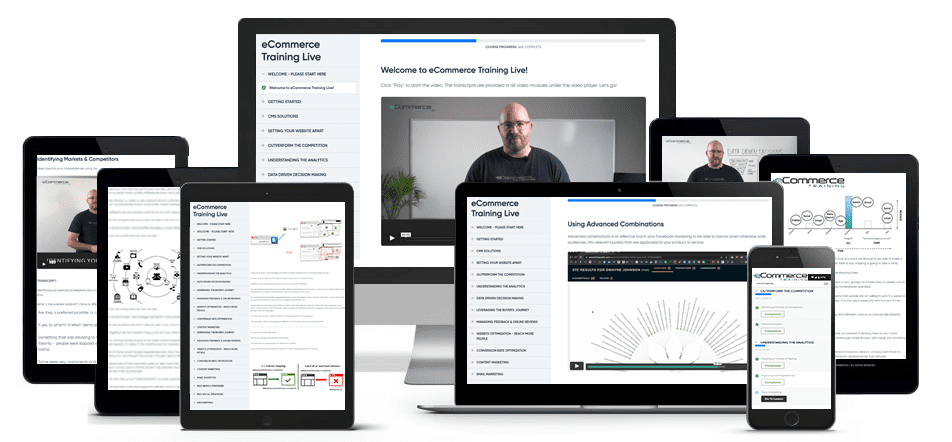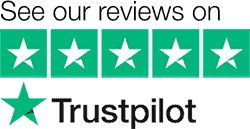Course Description
Effective Content Marketing means creating something once, but having a strategy in place to leverage it a dozen times. By increasing your holistic online footprint, you also increase the number of inroads to your website, and ultimately, to your business. Not all channels are the same, so it is important to your business to have a Content Calendar in place, ensuring you use the right platform to target the right audience, at the right time. This module will show you how.
What You Will Learn
Content Marketing comes down to a number of factors including keyword research, managing your message by platform and medium, as well as understanding your customer’s path to purchase. Even the reading-level of your copywriting can have an impact on your content marketing and conversion strategies. This module will give you the necessary tools to ensure you are maximizing your content efforts.
- Effective Content Marketing
- Creating a Content Calendar
- Multilingual Content Opportunities
- Identifying Search Trends
- Content Tools & Resources
- Multi-purposing Content & Copy
- Emotional > Logical Copy
- Keyword Research Analysis
- Competitive Analysis
- Bundling & Overdelivering
DID YOU KNOW? 💡
- “Content Marketing Strategy” is the most searched query related to content marketing.
- 94% of marketers use social media for content distribution.
- Search is the number one traffic source to blogs across all industries – (free traffic!)
WHO IS THIS FOR?
Any business or individual with a website or business that wishes to expand their online footprint to attract a greater audience.
“Content is king” has held true for decades. Providing website visitors with timely, relevant and valuable content, will always be the best approach to managing online content.
Get started today with Content Marketing eTraining and improve your online reach.
Prior Knowledge
This Content Marketing course requires no prior knowledge of content strategy or marketing. If you are a beginner, this is a fundamentals course to help you get started.
If you are intermediate-to-expert level, you may still gain additional knowledge in areas such as creating a content calendar, keyword research analysis, and top-level content tools and resources.










